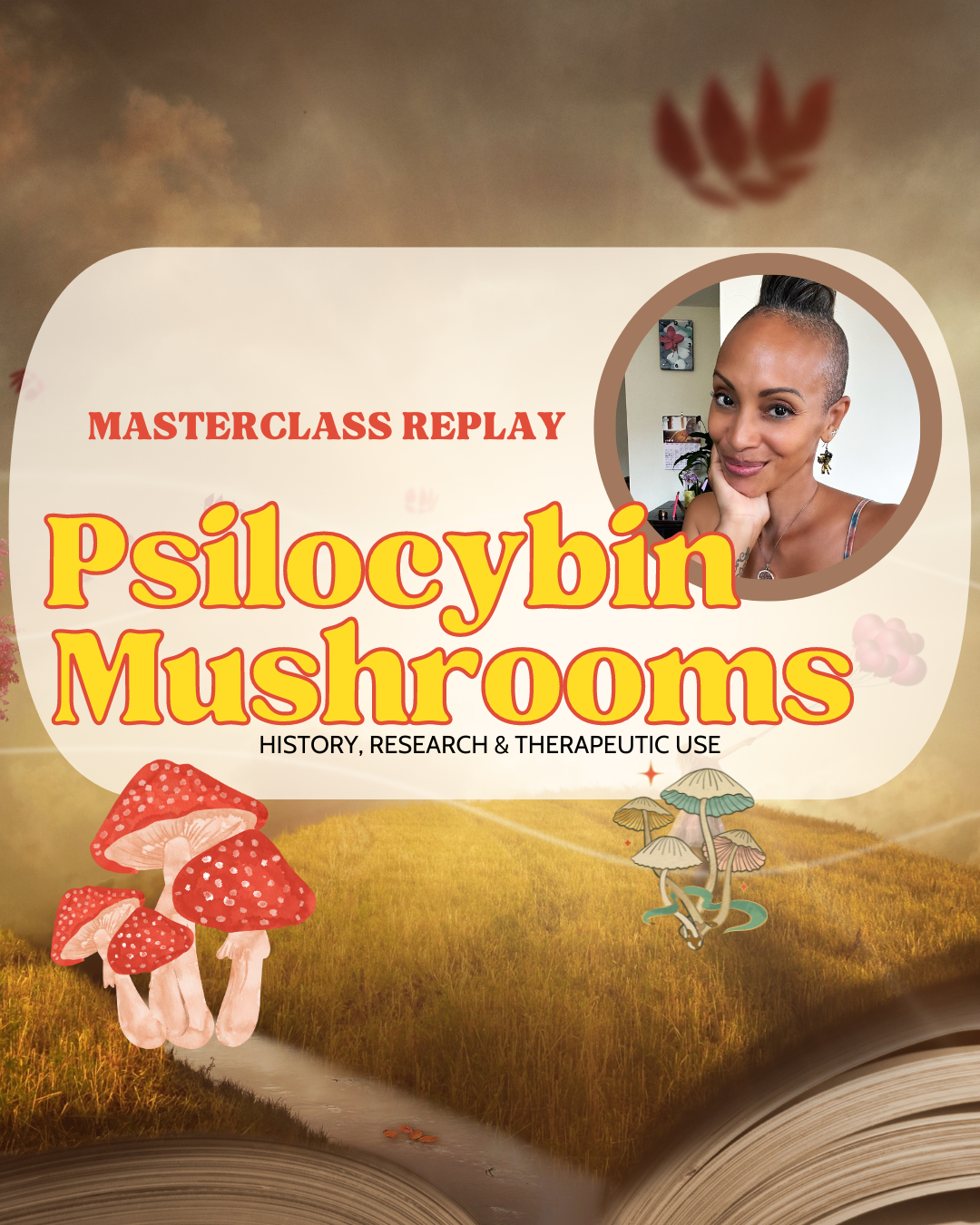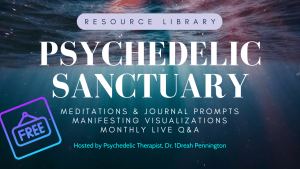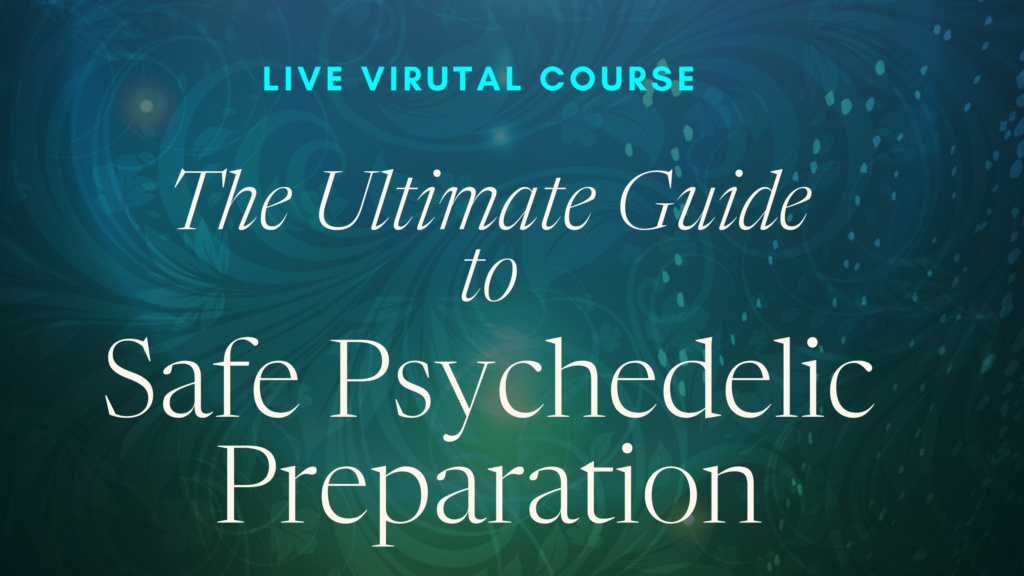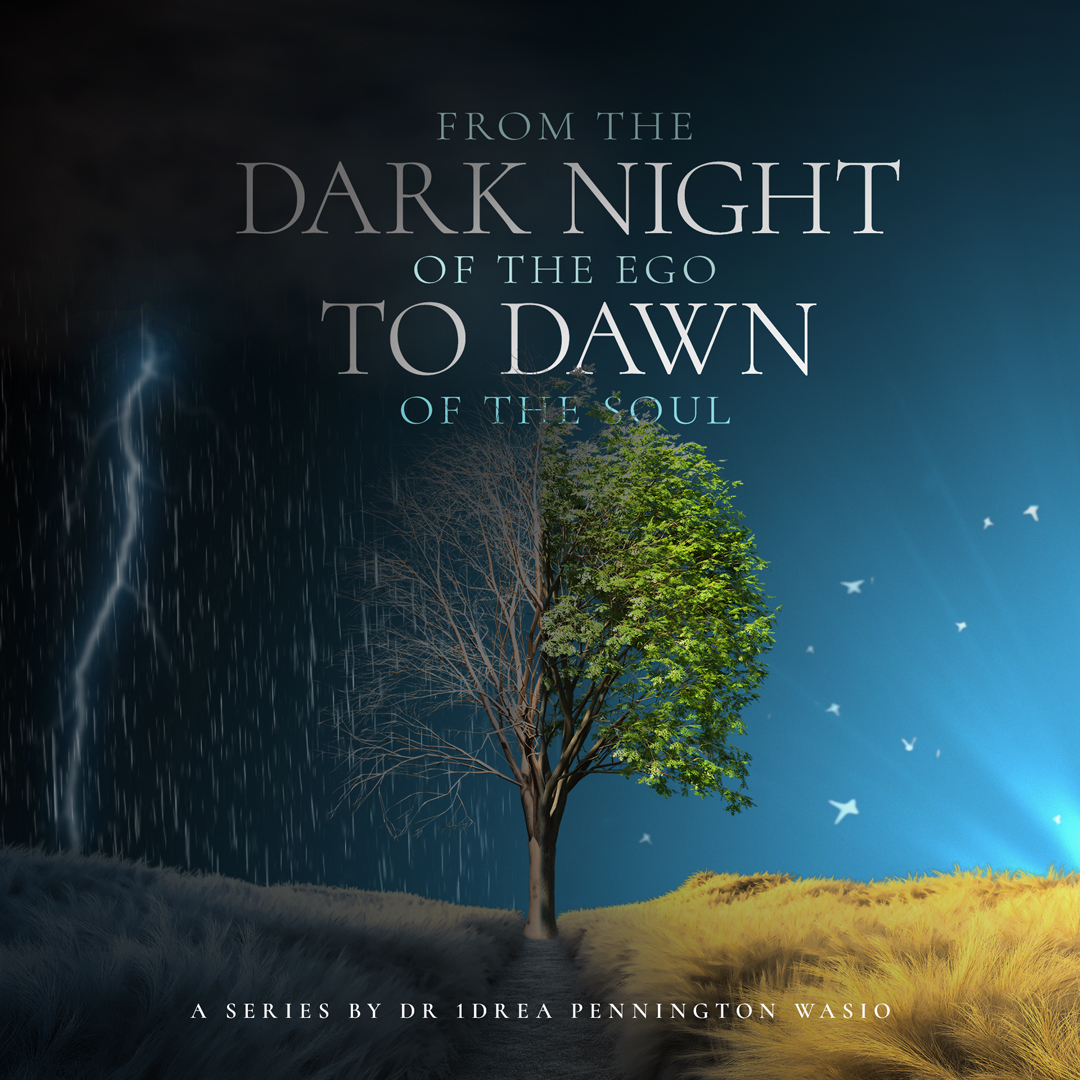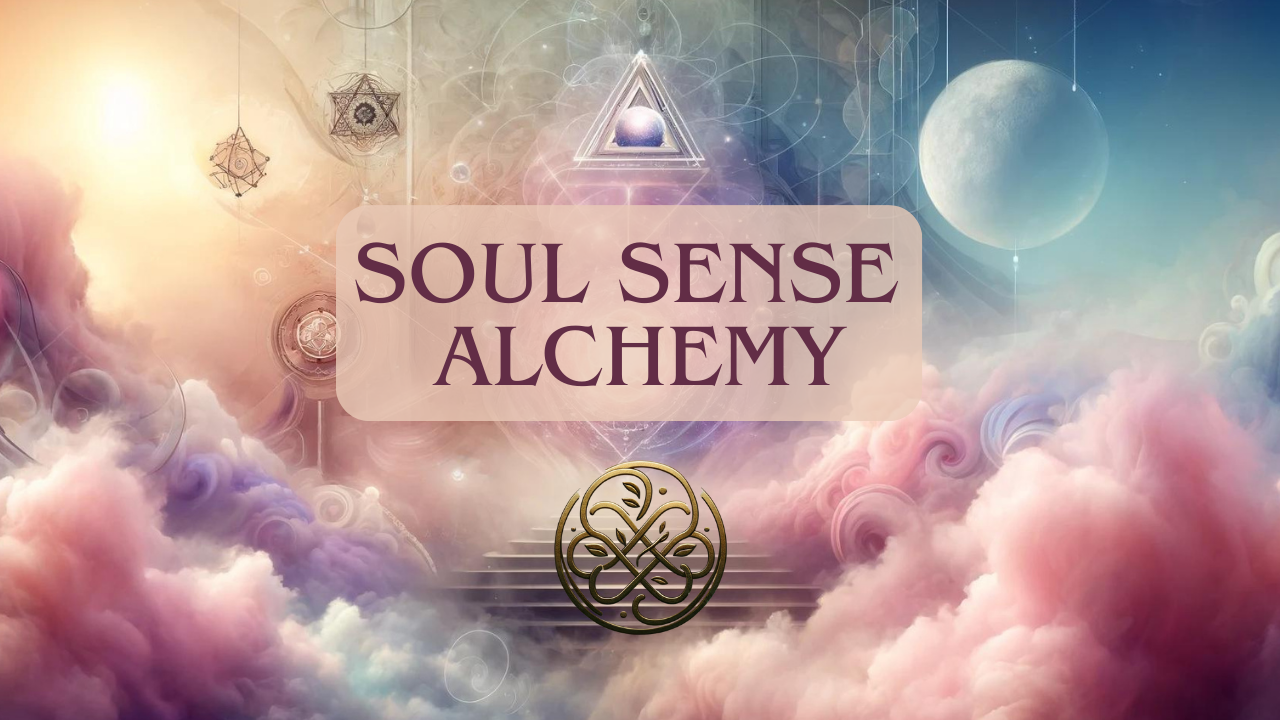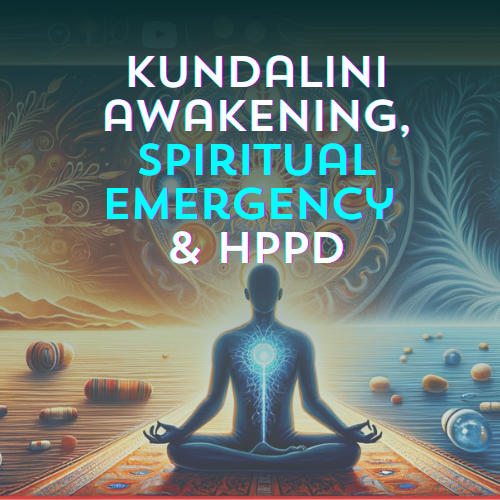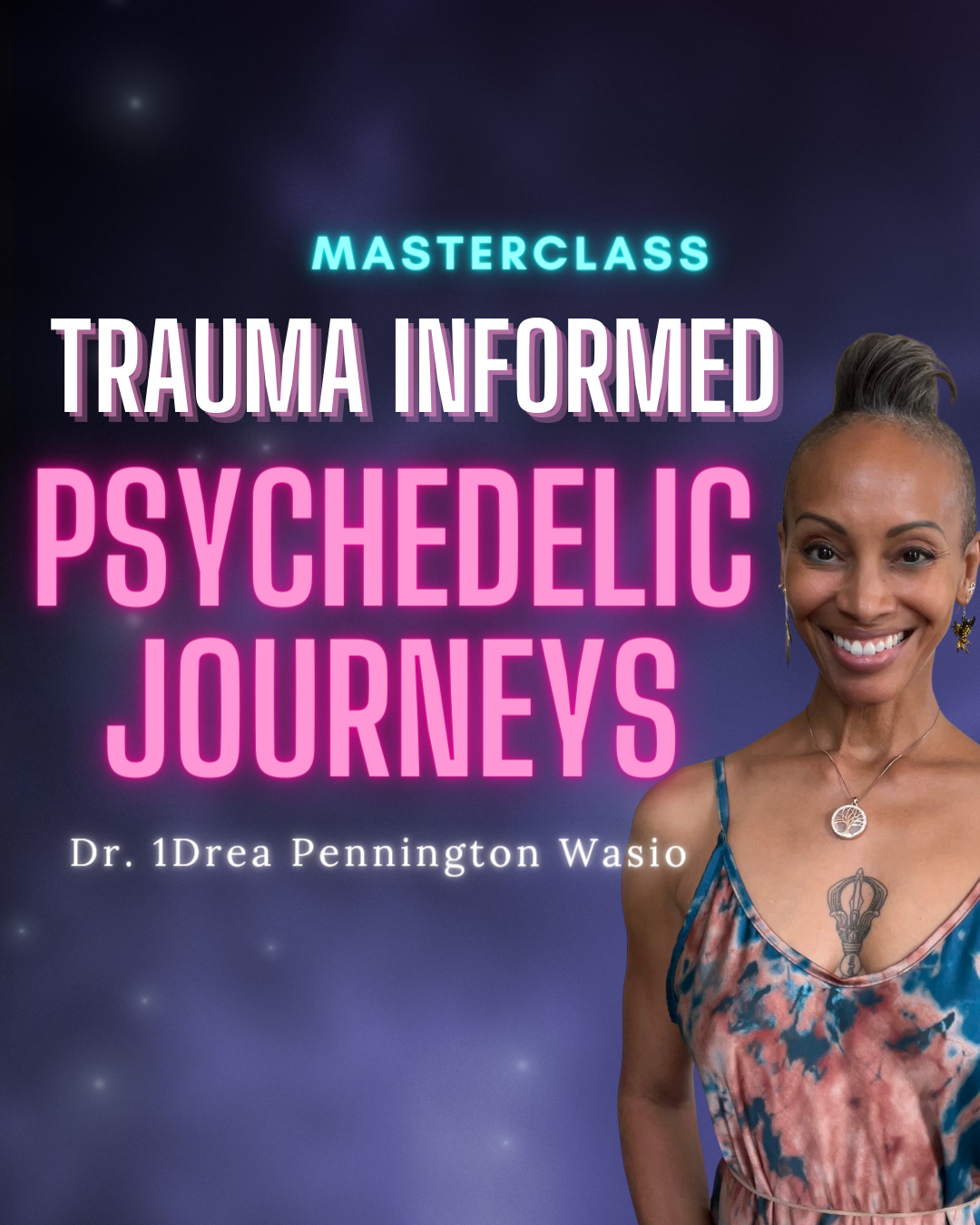Psilocybin Therapy: Microdosing, Mental Health, and More
If you’re as intrigued by the healing potentials of psychedelic substances as I am, you’ve landed in the right place. Today, we’re peeling back the layers of a topic that’s been shrouded in mystery, taboo, and a fair amount of skepticism: psychedelic therapy, with a spotlight on psilocybin and microdosing. Whether you’re a skeptic, a believer, or just plain curious, stick around. We’re diving deep into everything from mental health precautions to why the heck it’s so hard to study this stuff. Let’s get into it, shall we?
This post accompanies our video discussion about the complexities and potentials of psychedelic therapy, particularly focusing on psilocybin journeys and microdosing.
Table of Contents
Mental Health Precautions
Okay, let’s dive right in and talk about the elephant in the room—mental health. Now, we’ve all heard the stories, right? Someone goes on a ‘trip’ and comes back, well, not quite themselves. As much as we’re excited about the possibilities of psychedelic therapy, we need to slap a huge ‘handle with care’ sign on this.
Who Should Be Cautious?
If you or someone you know has a current or past history of the following conditions, hit the pause button on those psychedelic plans:
- Epilepsy or Seizures
- Pregnancy
- Schizophrenia
- Bipolar I or II
- Any non-medication-induced psychotic disorders
Why the Caution?
Here’s the thing—there’s a risk of tipping the scales into dangerous territory, including persistent psychotic symptoms like delusions, hallucinations, and even mania. Yes, you heard that right—mania. So, even if you’re flirting with the idea of microdosing to manage the depressive end of a bipolar condition, think twice—or better yet, consult with professionals who can guide you properly.
The Maze of Ethical and Methodological Hurdles in Psychedelic Research
So, you may be wondering, if psychedelics have such promise, why isn’t there more concrete data to support their efficacy and safety? Ah, if only it were that simple! The journey to bring you empirical evidence faces multiple roadblocks. Let’s break down why research in this area is, to put it mildly, challenging.
Institutional Review Boards (IRBs): The Guardians at the Gates
IRBs play a crucial role in ensuring ethical rigor in scientific research. However, when it comes to psychedelic studies, they are especially cautious, if not downright skeptical. The reason? The inability to maintain stringent controls, primarily when participants are administered substances that they’ll consume outside a controlled environment.
Study Design: The Catch-22 Situation
You see, in a typical study, researchers might observe participants for a few hours post-administration of the substance. But microdosing involves taking a substance and then going about your day, which creates a nightmare scenario for IRBs. They hesitate to approve a study where they can’t observe immediate and potential long-term impacts, creating a circle of reluctance that’s hard to break.
Lack of Willing Institutions
It’s not just the IRBs; there’s also a hesitancy among research institutions to take the plunge. Given the controversial nature of psychedelics, many are reluctant to risk their reputation by conducting studies that involve administering these substances, especially to individuals with mental health conditions like Bipolar Disorder.
Why It’s a Problem
This lack of concrete studies creates a void that gets filled with anecdotal evidence and speculative discussions. While these can be intriguing and even enlightening, they’re not a substitute for systematic, peer-reviewed research. So we’re caught in this endless loop: we need research to move forward, but the research is stymied by ethical and institutional hesitance.
Unlocking the Heart’s Door: MDMA’s Role in Healing Grief
The loss of a loved one is an indescribable agony that leaves many people grasping for relief. While conventional therapies certainly offer their benefits, there’s a growing curiosity around the potential of substances like MDMA in the context of bereavement. However, let’s get one thing straight: if you’re considering this route, it’s crucial that the substance be legally and safely obtained.
What Makes MDMA ‘Heart-Opening’?
Often described as a ‘heart-opening’ experience, MDMA has a unique psychoactive profile that encourages feelings of emotional intimacy and reduced fear. This could make it particularly effective in helping individuals confront their grief head-on, free of the walls they’ve built around their pain.
Legal and Safe Accessibility: The Golden Rule
If you’re seriously considering MDMA as a therapeutic tool, I cannot stress enough the importance of legality and safety. Obtaining street MDMA is not just illegal; it’s also a gamble on purity that you shouldn’t be willing to take. Some psychologists have special permissions to use pure, lab-grade MDMA for therapeutic purposes—these are the only circumstances under which I would recommend its use.
Remember, it’s Not a Magic Pill
While MDMA can indeed be a potent tool for unlocking suppressed emotions and encouraging the grieving process, it’s not a ‘magic pill’ that will suddenly absolve you of all sadness. It should ideally be used as part of a broader therapeutic process, and always under professional guidance.
Final Word of Caution
Psychoactive substances like MDMA carry their own risks and potential side effects. Before embarking on such a journey, it’s imperative to consult healthcare providers who are knowledgeable about this form of therapy and can provide informed consent and supervision.
Conclusion
The therapeutic potential of psychedelics like psilocybin and MDMA is both exciting and challenging. While there’s a rising body of evidence supporting their efficacy, ethical and methodological hurdles often slow down the research progress. Nevertheless, these substances offer a new dimension to mental health treatment, with promising applications in areas like bereavement, depression, and PTSD.
It’s crucial to approach these therapies with caution, especially considering the potential risks associated with mental health conditions. Always consult professionals and make informed decisions.
Ready to Explore Your Psychedelic Journey?
We offer personalized guidance tailored to your unique experience and needs. Book a private 1:1 PRISM session with me to get expert advice and support before or after your psychedelic journey.
Learn more about our 1:1 PRISM Sessions here
Join our monthly Sacred Psychedelic Saturday sessions to engage in group activities and discussions around psychedelics in a safe and understanding environment.
Monthly Harm Reduction & Psychedelic Education Group Call
🌈 Join Us for Sacred Psychedelic Saturdays! 🌈
On the first Saturday of each month, we gather virtually for a group Zoom call dedicated to the mysteries and healing powers of sacred psychedelics.
Our Sacred Psychedelic Saturdays explore three essential pillars:
🤓 Education: Arm yourself with knowledge about sacred medicines, diving into their risks and rewards.
⚠️ Preparation: Step confidently into your next ceremony or sacred medicine journey, fully prepared for the incredible experience that awaits.
⤵️ Integration: Maximize the transformative impact of your psychedelic encounters, ensuring lasting, sustainable change.
The Zoom calls start with a discussion on a specific psychedelic-related topic, followed by a heartfelt sharing session and open Q&A. Whether you’re a seasoned psychonaut or new to this wondrous world, you’ll find a supportive community here.
🎥 Plus, don’t worry if you can’t make it live. We send out replays to all registered attendees.
👉Join Sacred Psychedelic Saturday here and get access to the Psychedelic Sanctuary Resource Library
Ready for a Deeper Dive into Psychedelics?
If this masterclass piqued your interest and you’re looking to explore the transformative potential of psychedelics in a safe and intentional way, I invite you to check out my course, the Ultimate Guide to Safe Psychedelic Preparation.
It’s your one-stop-shop for all things psychedelic preparation, from mindset to setting, dosages, and beyond.
Be one of the first 10 to sign up and secure a 50-minute private session with me! (For November 2023, only.)🍄✨
Check out Legal Psilocybin Retreats with Dr. 1Drea
For a more immersive experience, check out our upcoming Retreats here and dive deep into the transformative power of psychedelics.
References
- Mithoefer, M.C., Wagner, M.T., Mithoefer, A.T., Jerome, L., & Doblin, R. (2011). The safety and efficacy of ±3,4-methylenedioxymethamphetamine-assisted psychotherapy in subjects with chronic, treatment-resistant posttraumatic stress disorder: The first randomized controlled pilot study. Journal of Psychopharmacology, 25(4), 439-452. [Link]
- Grob, C. S., Danforth, A. L., Chopra, G. S., Hagerty, M., McKay, C. R., Halberstadt, A. L., & Greer, G. R. (2011). Pilot study of psilocybin treatment for anxiety in patients with advanced-stage cancer. Archives of General Psychiatry, 68(1), 71-78. [Link]
- Thal, S.B. & Lommen, M.J.J. (2018). Current Perspective on MDMA-Assisted Psychotherapy for Posttraumatic Stress Disorder. Journal of Contemporary Psychotherapy, 48, 99–108. [Link]
- Feduccia, A. A., & Mithoefer, M. C. (2018). MDMA-assisted psychotherapy for PTSD: Are memory reconsolidation and fear extinction underlying mechanisms?. Progress in Neuro-Psychopharmacology and Biological Psychiatry, 84, 221-228. [Link]
- Sessa, B., Higbed, L., & Nutt, D. (2019). A Review of 3,4-methylenedioxymethamphetamine (MDMA)-Assisted Psychotherapy. Frontiers in Psychiatry, 10, 138. [Link]
